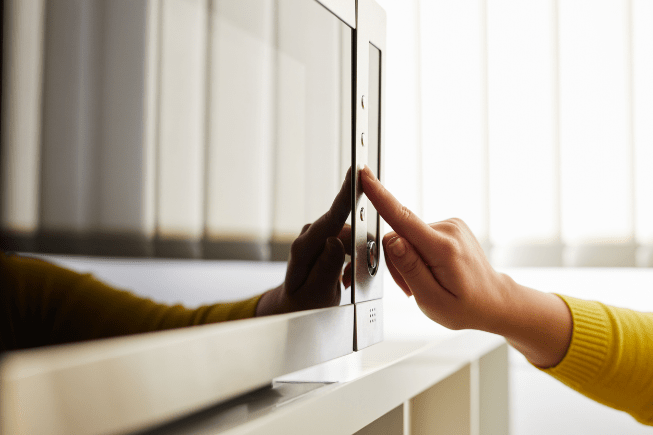Four ways to protect your electronics during a power outage
Updated | By Opinion Piece
Rolling blackouts are becoming a reality. Here's what you can do to protect your appliances.

Load shedding has become a common occurrence for South Africans. The power cuts are not only an inconvenience but they can also cause other problems.
Fluctuations in power can wreak havoc on your appliances and cause permanent damage – that is often not covered by insurance.
According to Gumtree Marketing Manager, Estelle Nagel, searches for UPS devices and surge protectors have spiked.
"Clearly customers have accepted that we'll experience more load shedding in the weeks to come, and we should prepare for the "new normal"."
When the power supply cuts out, electrical equipment turns off but many smart devices have micro-processors that require correct shut down (much like a PC). This could result in catastrophic internal hardware failures. There's also the risk of a power spike or surge when power is restored that can damage electronics. "If you own an expensive smart TV or fridge, the R250-R2000 investment you'll make protecting that device is well worth it," says Nagel.
Here are four things you can do to help protect your electronics.
ALSO READ: Eskom denies preparing to implement Stage 5 and 6 load-shedding
Surge protectors
You can find surge protectors online or at any electronics store. These devices monitor the flow of electricity that reaches your appliances and can either link to a single appliance or connect to your main electrical panel at home. This acts as a buffer between the socket and the appliance that directs surges in power away from your electronics. "We don't recommend buying these secondhand as they can only absorb so much damage before they need to be replaced. The lifespan of a surge protector is measured in joules – the more joules, the better."
Uninterruptible power supply (UPS)
A UPS is a device with a battery back-up system that can supply power to your device for a matter of minutes or hours. Even if your UPS only keeps you running for a few minutes, it will buy you enough time to power down devices safely. "It's a good idea to get a UPS for your router at the office – that way, if nothing else, you will still have Internet connectivity."
Unplug your devices
If you are able to, keep your computer cables, telephone cables linked to modems and other sensitive equipment unplugged during load shedding.
Back-up batteries or solar power
Security systems are often compromised during load shedding. Opt for solar security lights or back-up battery systems for electric gates and fencing to make sure your home stays protected during black-outs.
"Load shedding is going to impact everyone – being prepared is key. There are plenty of cheap and effective measures you can take to minimise or prevent damage to your electronics," says Nagel.
ALSO READ: Eight ways to prepare for load shedding
Show's Stories
-
Europe gets creative to beat the heat
From free museum tours to "climate oases" with cold drinks and air-con, ...
The Drive with Rob & Roz 10 hours ago -
LOOK: SA gaming studio releases new 'Tomb Raider'-style game
What do you get when you combine adventure, elaborate heists and Robin H...
The Drive with Rob & Roz 12 hours ago